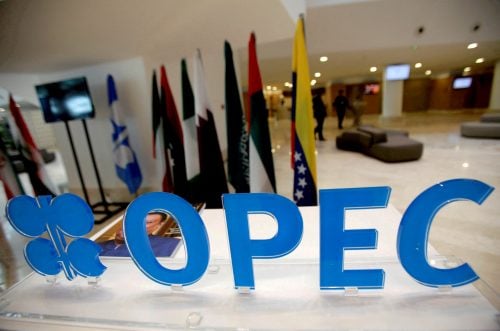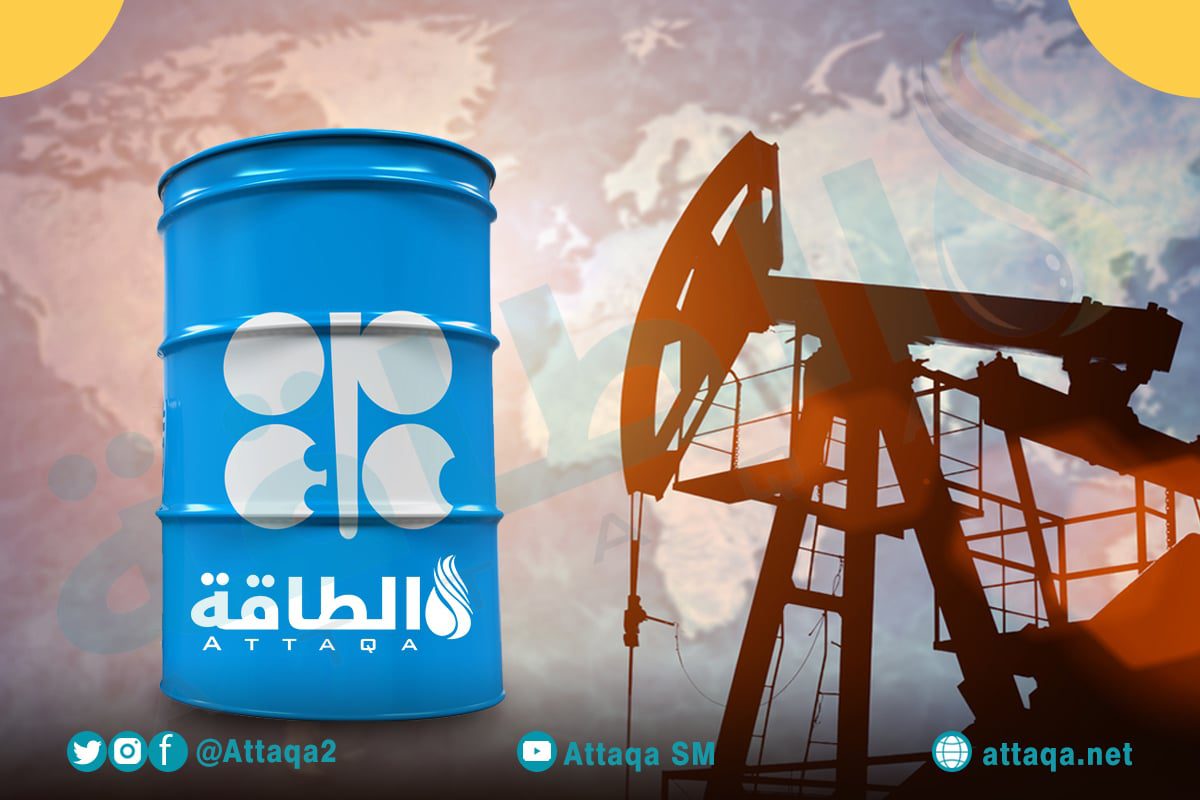The Organization of Petroleum Exporting Countries (OPEC) renewed its warnings about the impact of declining investment in the hydrocarbon sector on global energy security.
Haitham Al-Ghais, Secretary-General of the Organization, said today, Thursday, that the International Energy Agency should “exercise extreme caution about further attempts to undermine investments in the oil industry.”
The Secretary General of OPEC stressed that investments in the oil sector are an important issue for global economic growth, according to a statement seen by the specialized energy platform.
Oil prices
Al-Ghais stressed that OPEC and OPEC + do not target oil prices, but rather focus on market fundamentals, and that pointing fingers and distorting the actions of oil exporters and their allies had “counterproductive results.”
The Executive Director of the International Energy Agency, Fatih Birol, had criticized the announcement by countries from the OPEC + coalition, earlier this month, to cut production by 1.66 million barrels per day from May until the end of 2023, in addition to the two million barrels per day being reduced to The end of the year too.
Oil prices rose above $80 a barrel on the back of the decision, after falling to $70 a barrel last month.
Birol believes that the intervention of OPEC + was not beneficial to the recovery of the global economy, especially in global markets, adding that the economy is going through a critical stage, and the last thing the world needs now is higher oil prices, and upward pressures on the inflation rate.
Birol said that the intervention may adversely affect the Organization of the Petroleum Exporting Countries, explaining that the rise in oil prices may lead to a decline in fuel demand and push consumers towards renewable electricity and other clean energy sources.
Al-Ghais responded to Birol’s remarks, saying: “The IEA knows very well that there is a conflicting set of factors affecting the markets, including the side effects of the Covid-19 virus, monetary policies, stock movements, algorithmic trading, commodity trading advisors, and strategic oil reserves issues (coordinated or uncoordinated). ) and geopolitics.
Oil and the inflation crisis
Haitham Al-Ghais asserted that blaming oil for inflation was “wrong and technically incorrect,” and that repeated calls from the International Energy Agency to stop investing in oil are what could lead to market volatility.
He said, “If there is anything that will lead to volatility in the future, it is the International Energy Agency’s repeated calls to stop investing in oil, knowing that all data-based forecasts envision the need for more of this precious commodity to fuel global economic growth and prosperity in the coming decades.” particularly in the developing world.”
He noted that other energy markets were much more volatile, with oil markets declining, mainly due to OPEC’s stabilizing role.
Al-Ghais saw, earlier this month, that the decision to voluntarily cut oil production was not part of any OPEC+ agreement, but rather a precautionary measure and considered a “sovereign right” of member states.
The Secretary-General rejected criticism from the International Energy Agency, which indicated that voluntary oil production cuts by several OPEC member states would exacerbate inflation and cause economic uncertainty.

Russia’s position
For his part, Russian Deputy Prime Minister Alexander Novak said that the OPEC + alliance of major oil producers does not see a need for further cuts, despite the lower Chinese demand than expected, but the alliance can always adjust its policy if necessary.
He added that Russia reached its production target this month after announcing cuts of 500,000 barrels per day, or 5% of its oil production, until the end of the year.
Russia is part of the OPEC+ alliance of oil producing countries that announced a combined cut of about 1.66 million barrels per day earlier this month, a surprising decision the United States called “unwise”.
Novak indicated that Russia’s oil and gas condensate production is expected to drop to about 515 million tons (10.3 million barrels per day) this year from 535 million tons in 2022, Reuters reported.
Novak said, in response to a question about whether the coalition needed to cut production further due to the decline in oil prices: “No, of course not because we made a decision about the cut only a month ago, and it will take effect starting from May in those countries that joined.”
He explained that the recovery in oil demand in China in the aftermath of the Corona pandemic was “probably less” than expected by analysts and experts, and he believed that the market was balanced.
Novak said that OPEC+ does not expect a shortage of oil in the global market after the production cuts, although the International Energy Agency said it risks worsening the expected supply deficit in the second half of the year.
related topics..
Also read..

Leave a Reply